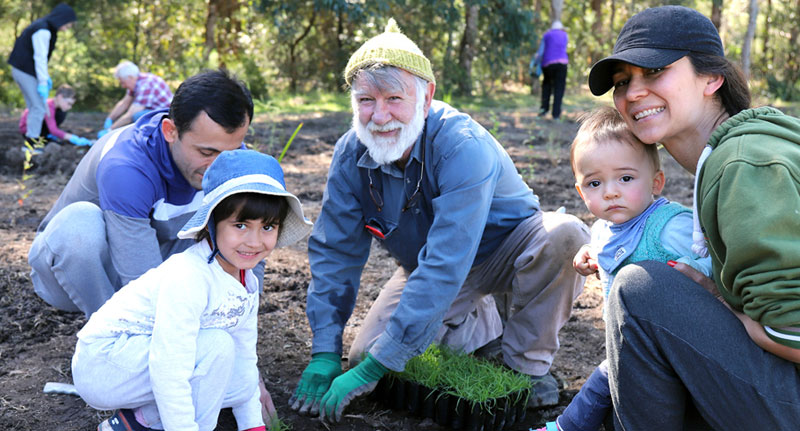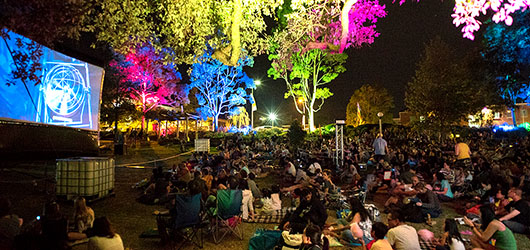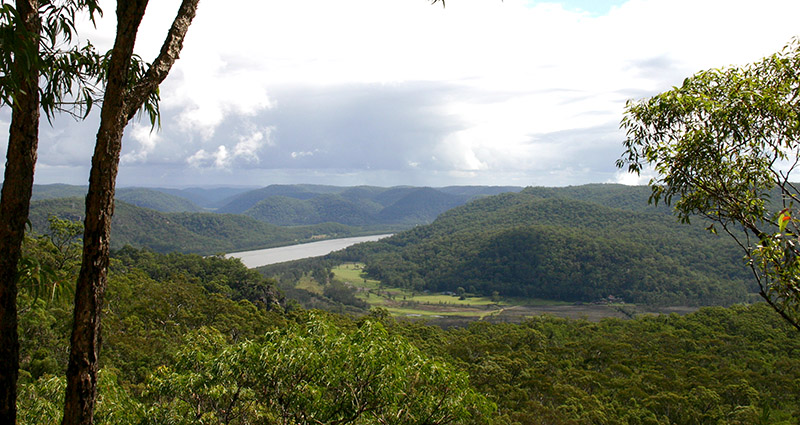Landscape
Landscape Heritage Study
The Landscape Heritage Study commenced in November 2020 and is in its final stages of completion. It is being prepared by Extent Heritage in partnership with 33 Parallel Landscape Architects and is an update of Hornsby’s previous Landscape heritage study completed in 1993.
The new Landscape Heritage study is intended to provide greater detail and clarity around landscape items, capture all cultural and natural landscapes and attributes that have heritage significance and deliver management recommendations.
The Landscape Heritage Study is a review of all natural and cultural landscape items listed on Schedule 5 of the Hornsby LEP, excluding National Parks. The Landscape Heritage Study intends to capture all cultural and natural landscapes and attributes that have heritage significance for listing in the Hornsby LEP and to provide greater detail and clarity around the landscape heritage of Hornsby Shire, as it exists today.
There are three broad categories, that are based on the World Heritage guidelines for cultural landscape types, that are applied to assess culturally significant landscapes. They offer a useful starting point for understanding landscapes.
- Designed landscapes are created intentionally. They include garden and parkland landscapes constructed for aesthetic reasons, such as trees, avenues, parks, gardens, cemeteries and plazas.
- Organically evolved or 'vernacular' landscapes have developed over time in response to, and association with the natural environment. Organically evolved landscapes often develop through changes brought about by patterns of use. They fall into two sub-categories: a relict landscape where an evolutionary process has ended; and a continuing landscape where the evolutionary process is still in progress. Organically evolved landscapes include farming landscapes, industrial landscapes such as goldfields, and linear landscapes such as railway lines.
- Associative landscapes are primarily based on religious, spiritual, artistic or cultural associations with the natural environment. Associative landscapes are often significant for their intangible, non-physical values associated with events, activities or significant people. They include landscapes such as explorers' routes, Aboriginal places and river crossings or places where celebrations have occurred. They also include landscapes that have stories told about them. Documents and oral histories relating to what happened at the place are especially important in identifying and assessing how people interacted with these types of landscapes.
The purpose of the Landscape Heritage Study is to:
- Prepare a new comprehensive Landscape Heritage Study that captures all cultural and natural landscapes that have heritage significance for listing on Schedule 5 of the Hornsby Local Environmental Plan,
- A comprehensive review and consolidation of the previous landscape and heritage studies, as well as background material where necessary, including primary and secondary source material, libraries and historical collections, comprising of written records, maps, photos, local histories and other documents and backgrounds relating to the landscape and natural heritage of Hornsby.
- Review of all previously identified landscape heritage items and landscape components of heritage items and reassess significance.
- Identify any potential new cultural or natural landscape items.
- Provide updated inventory sheets and provide increased accuracy and detail.
- Provide information necessary for Council to meet its statutory obligations and management policies for the maintenance and protection of landscape heritage.
- The updated data and information are presented in an engaging, contemporary and usable format.
- Provide Council with recommendations for future management and planning.
Yes – this Landscape Heritage Study will identify potential items for listing. The project team has carefully assessed historical maps, plans and aerials to identify areas of potential cultural significance. The potential items will also be informed by a gap analysis of previous studies and targeted fieldwork.
The Landscape Heritage Study is being led by Extent Heritage and 33 Parallel Landscape Architects. The project team is comprised of a Senior Associate with over 15 years’ experience in heritage interpretation, conservation, planning control assessment and collection management, a Landscape Architect with technical understanding, design and scenic assessment experience in local, state and national significance landscapes, and an experienced heritage advisor working on all phases of the study.
The draft study was completed in April 2023. Refinement of the draft study’s recommendations is currently underway to prepare the information for community input and consultation.
More information
If you have any questions please phone Council on 9847 6666 during office hours (Monday to Friday, 8:30am to 5pm).
Renovating a Home
Buying and Selling
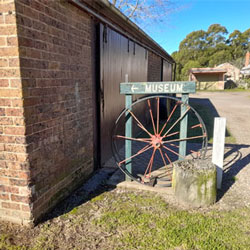
Celebrating our heritage through interpretation
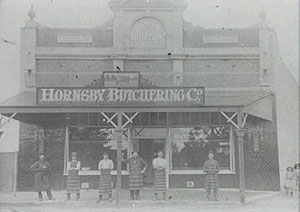
Have your say on Hornsby Shire's heritage
Hornsby Shire Council values feedback from the community on what local residents regard as their local heritage.

